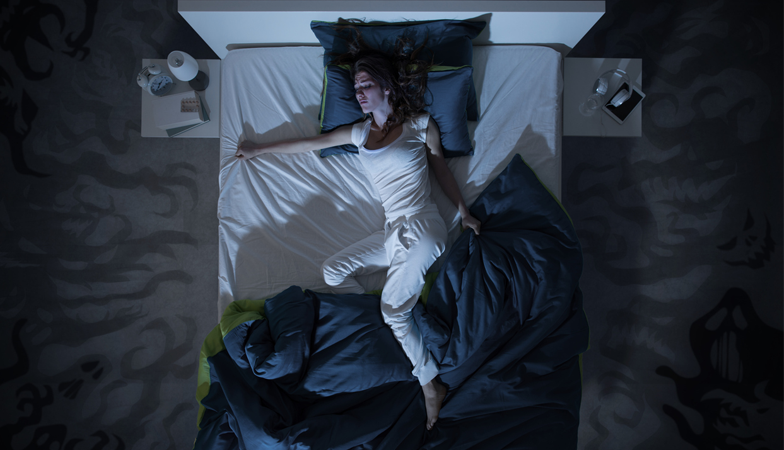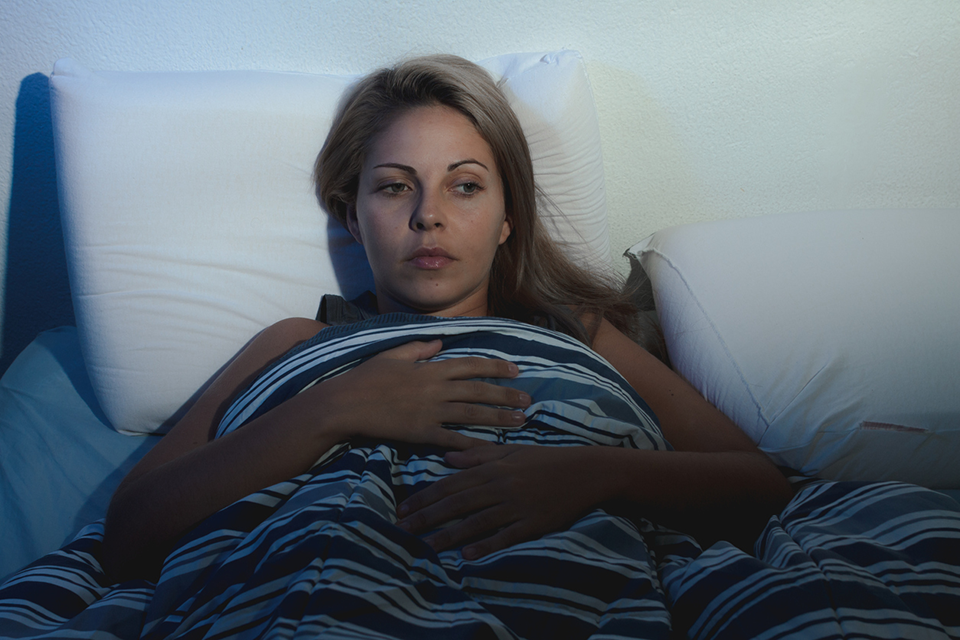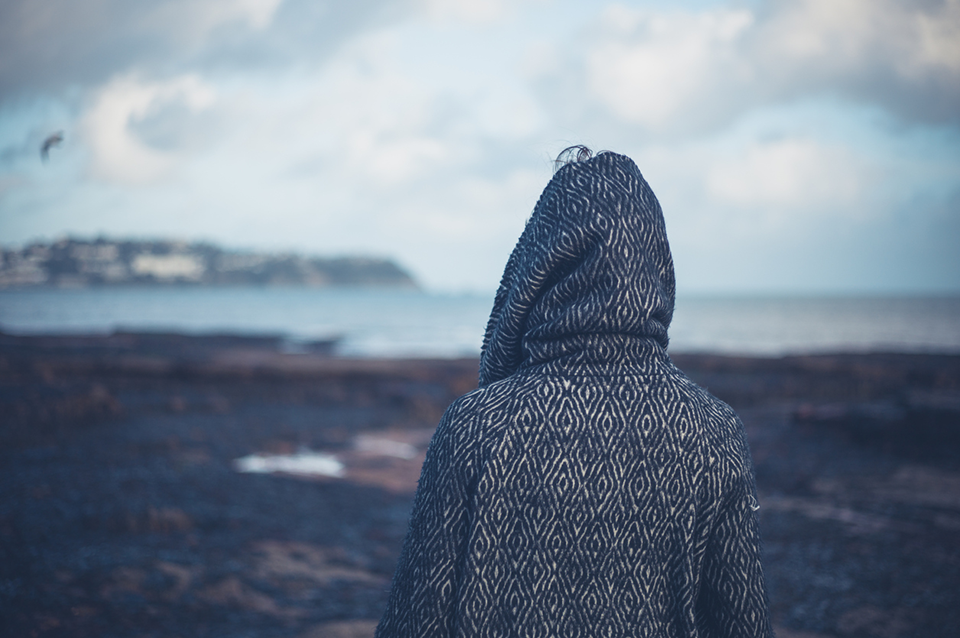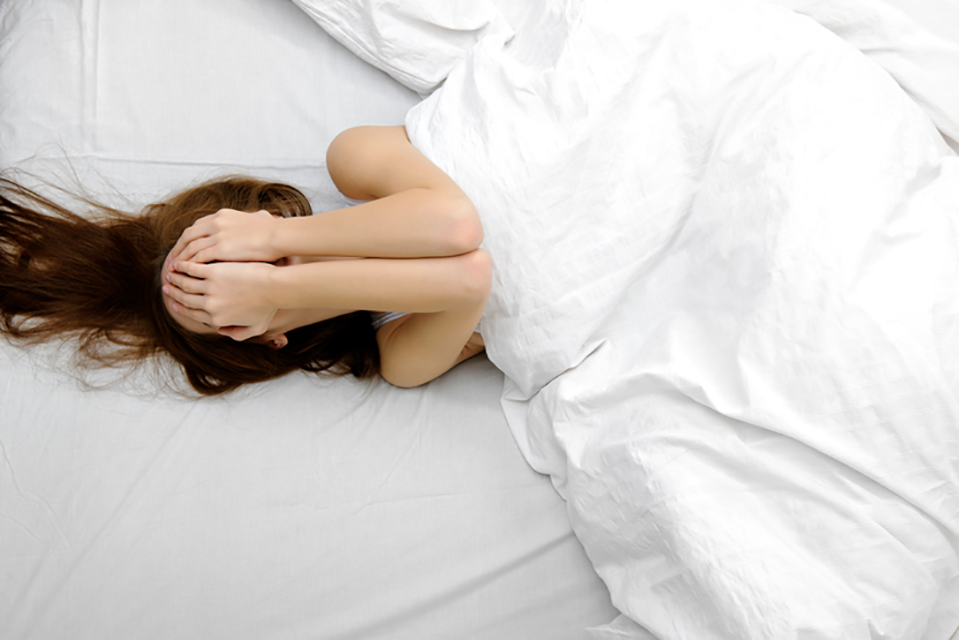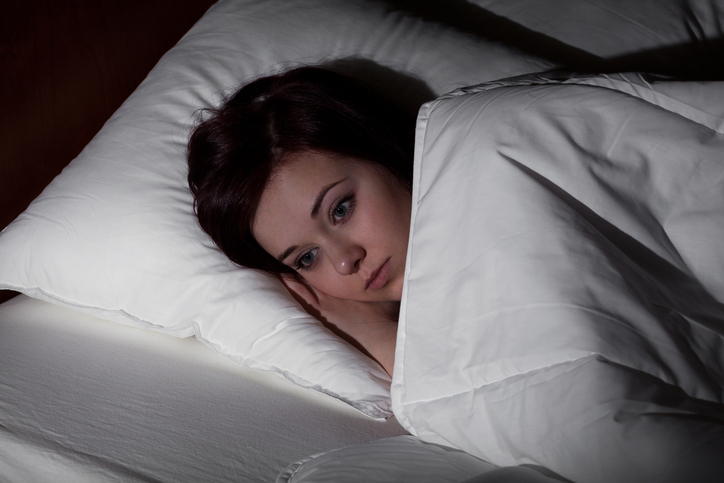New research from King’s College London has found a link between poor sleep quality and loneliness
It’s 2am. You’re lying in the dark and you’ve just rolled over for the hundredth time – you toss and turn, check the time on your phone a few times before finally managing something that resembles a slumber – sound familiar?
Insomnia or poor sleep quality affects nearly half of all women in the UK. 43 percent of us here in Britain say we’re not getting enough sleep and 33 percent wake up during the night, according to a survey of 4,100 UK adults, conducted by YouGov and supported by the Sleep Apnoea Trust Association (SATA).
But the result of poor sleep might just be a little bit worse than feeling grouchy the next day. Aside from slowing down your metabolism, making you angrier and having an impact on your day-to-day productivity, new research from King’s College London shows that poor quality of sleep might also be linked to feelings of loneliness. Which means that clocking up those extra hours under the duvet might be even more important than we think.
MORE: 5 minute yoga sequence to help you sleep
The Mental Health Foundation reports that loneliness is most common in 18 to 34-year-olds who feel as though the relationships in their lives are inadequate. As it turns out we don’t know much about the health problems associated with loneliness and so science whizzes at King’s College were on a mission to find out a bit more.
They asked participants questions like ‘How often do you feel that you lack companionship?’, ’How often do you feel left out?’, ‘How often do you feel isolated from others?’ and ‘How often do you feel alone?’ to figure out just how lonely these people were. Then they gathered information on how well those people had slept in the past month, finding out how long it takes them to nod off, how long they manage to sleep for and whether they have many disturbances in the night. Then on top of that, they wanted to know how well those people stayed awake during the daytime.
The results were conclusive – people who couldn’t sleep well were much more likely to feel lonely.
Even after accounting for people who suffer from mental health problems such as depression and anxiety (because they’re much less likely to be able to sleep well anyway) – the link between loneliness and poor sleep was clear. And these results back up previous research – studies have been undertaken by Psychological Medicine and show that lonely people are 24 percent more likely to feel tired and have difficulty concentrating during the day.
The association between loneliness and poor sleep quality was almost 70 per cent stronger among those exposed to the most severe forms of violence
Why can’t lonely people get to sleep?
One suggestion is that lonely people might feel more unsafe than everyone else and that this might be what is keeping them up all night. So researchers delved a little deeper and found out that people who had a history of violence had 70 percent more of a chance to be both lonely and sleep deprived.
And the experts are saying that this all makes sense. Timothy Matthews from the IoPPN at King’s College London said ‘We found that past exposure to violence exacerbated the association between loneliness and poor sleep…this makes sense as sleep is a state in which it is impossible to be vigilant for one’s safety, so feeling isolated from others could make it more difficult to sleep restfully, and even more so for individuals who have been exposed to violence in the past.’
The authors of the study have also made a connection between loneliness, sleep quality and a heightened biological stress response
But even if you don’t feel unsafe there could be a link between your insomnia and feelings of loneliness. Why? It’s all down to your stress levels. When we don’t get enough sleep our stress hormone ramps up the pace which then has a knock-on effect on your sleep – it’s a vicious cycle.
Professor Louise Arseneault from the Institute of Psychiatry, Psychology & Neuroscience (IoPPN) at King’s College London, said ‘Diminished sleep quality is one of the many ways in which loneliness gets under the skin, and our findings underscore the importance of early therapeutic approaches to target the negative thoughts and perceptions that can make loneliness a vicious cycle.’
Are you struggling to sleep?
13 best natural sleep aids PROVEN by science
ASMR: the YouTube trend that could help your insomnia
What to eat for better sleep – expert chat from nutritionist Rick Hay
Like this article? Sign up to our newsletter to get more articles like this delivered straight to your inbox.



